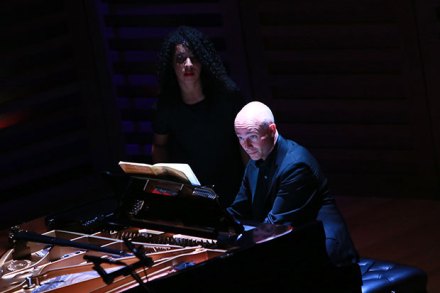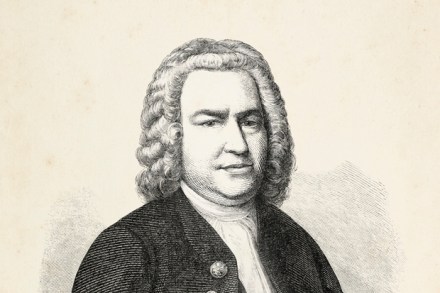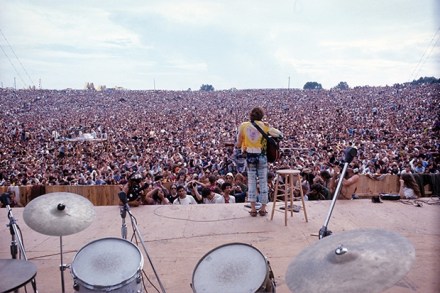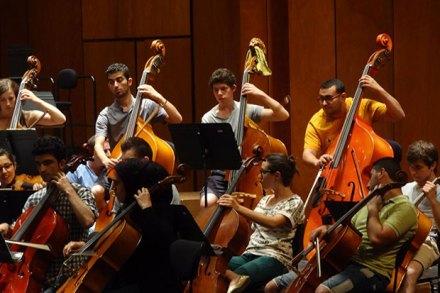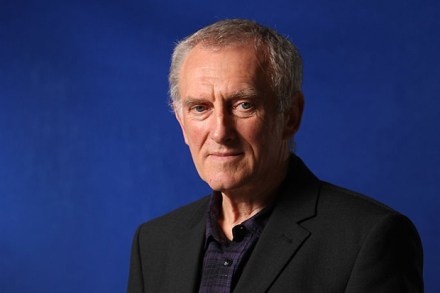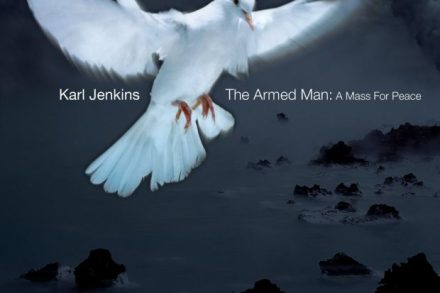The Nobel Prize for literature, at long last, has been awarded to a complete idiot
Bob Dylan has won the Nobel Prize for literature. And quite right too. But many people seem discomfited by the news, as if the award might represent a token gesture by the Swedish Academy. It doesn’t. The award is serious and we should take it seriously. The protests seem to fall into two camps. The first camp argues that Dylan is a musician, not a poet, and that therefore the award, while being made to a great artist, is a category mistake. The second camp grants that Dylan can be considered a poet, but that his poetry does not merit being ranked alongside that of Yeats, Eliot, Pasternak, Brodsky, Tranströmer


